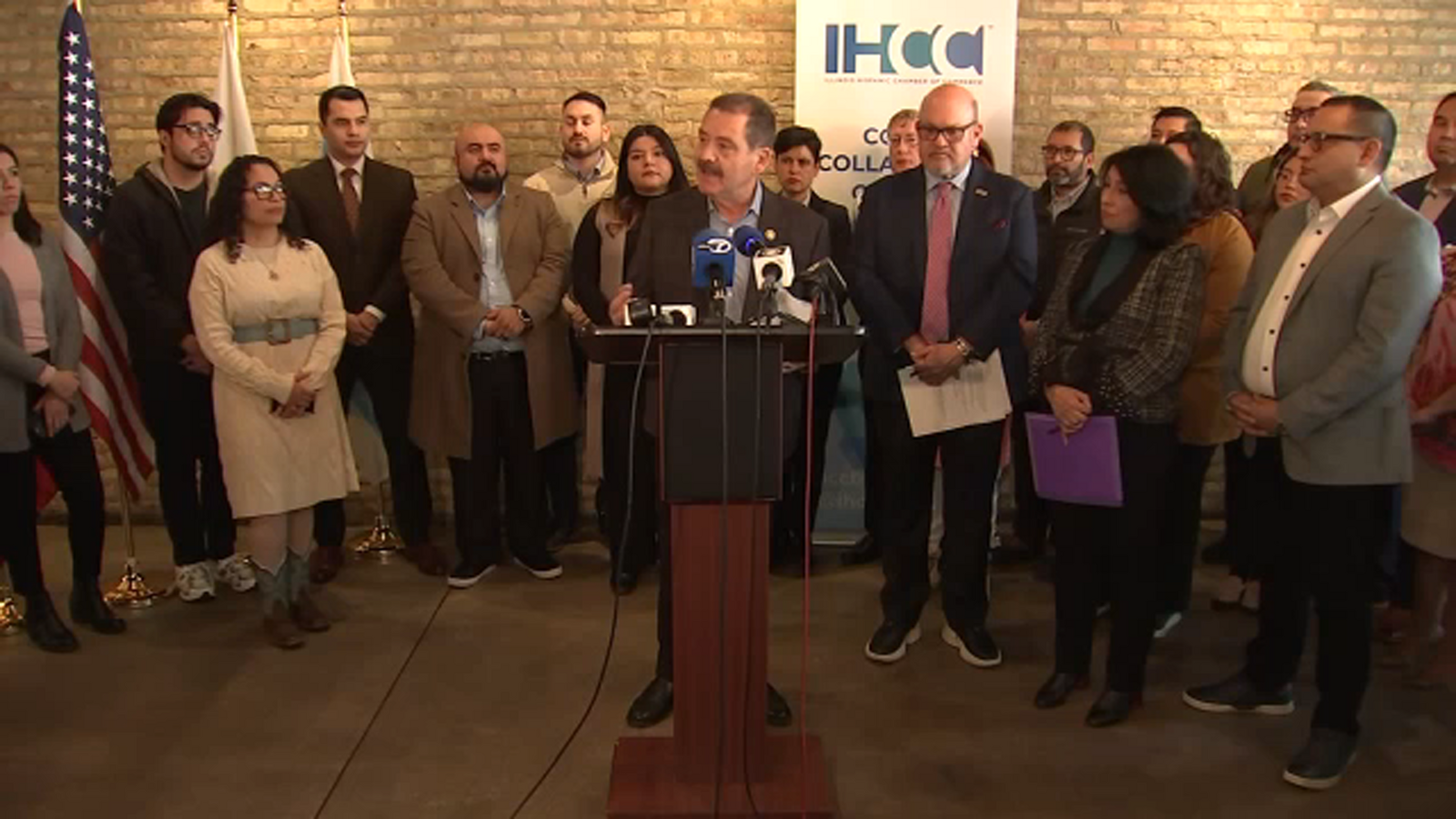Green Revolution: How Farmers Are Turning Profits by Healing the Planet
Business
2025-04-15 15:18:18Content

In the evolving landscape of modern agriculture, innovative approaches are transforming how we think about farming and environmental stewardship. Whether labeled as sustainable, climate-smart, or regenerative, these cutting-edge agricultural practices are revolutionizing our relationship with the land, offering hope for healing ecosystems and mitigating climate change.
These forward-thinking methods go far beyond traditional farming techniques. They represent a holistic approach to agriculture that prioritizes soil health, biodiversity, and environmental restoration. By working in harmony with natural systems, farmers are discovering powerful strategies to rebuild degraded landscapes while simultaneously producing nutritious food.
At the heart of these practices lies a profound understanding: healthy land is the foundation of sustainable food production. Techniques like cover cropping, minimal tillage, and diverse crop rotations are breathing new life into agricultural landscapes. These methods not only improve soil structure and fertility but also capture carbon, reduce erosion, and enhance water retention.
Regenerative agriculture, in particular, is gaining momentum as a transformative solution. By focusing on rebuilding organic matter in soil and restoring complex ecological networks, farmers are proving that agriculture can be a powerful tool for environmental healing. These approaches demonstrate that productive farming and environmental conservation are not competing goals, but interconnected pathways to a more resilient future.
Revolutionizing Agriculture: The Green Revolution of Regenerative Farming Techniques
In an era of unprecedented environmental challenges, agriculture stands at a critical crossroads. Farmers and agricultural innovators are pioneering transformative approaches that promise to heal our planet's ecosystems while ensuring sustainable food production. The emerging paradigm of regenerative agriculture represents more than just a farming method—it's a holistic philosophy of environmental stewardship and agricultural resilience.Transforming Our Food Systems: A Sustainable Path Forward
The Ecological Imperative of Regenerative Agriculture
Modern agricultural practices have long been associated with environmental degradation, soil depletion, and significant carbon emissions. Regenerative agriculture emerges as a revolutionary approach that fundamentally reimagines our relationship with land, ecosystems, and food production. By focusing on soil health, biodiversity, and natural ecosystem restoration, this innovative methodology goes beyond traditional sustainable farming techniques. Farmers implementing regenerative strategies prioritize soil microbiome restoration, utilizing complex crop rotation, minimal tillage, and integrated livestock management. These practices not only improve soil fertility but also dramatically enhance carbon sequestration, effectively transforming agricultural landscapes into powerful climate change mitigation tools.Technological Innovations Driving Agricultural Transformation
Cutting-edge technologies are accelerating the regenerative agriculture movement. Advanced soil monitoring systems, precision agriculture tools, and satellite imaging now enable farmers to make data-driven decisions that optimize land management. Machine learning algorithms can predict optimal planting strategies, while drone technology facilitates detailed ecosystem mapping. These technological interventions allow farmers to understand intricate ecological relationships with unprecedented depth. By analyzing soil composition, microbial activity, and environmental conditions, agricultural professionals can develop highly targeted interventions that promote ecosystem resilience and productivity.Economic and Social Implications of Regenerative Practices
Regenerative agriculture represents more than an environmental strategy—it's an economic and social revolution. By reducing dependency on chemical inputs, farmers can lower production costs while simultaneously improving crop yields and nutritional quality. Small-scale farmers, particularly in developing regions, stand to benefit significantly from these holistic approaches. The economic model of regenerative agriculture challenges traditional industrial farming paradigms. It emphasizes long-term sustainability over short-term productivity, creating a more resilient and adaptive agricultural ecosystem that can withstand climate uncertainties and market fluctuations.Global Perspectives and Policy Frameworks
International organizations and governments are increasingly recognizing regenerative agriculture's potential. Policy frameworks are emerging that incentivize farmers to adopt these transformative practices through grants, tax incentives, and carbon credit mechanisms. Countries like the Netherlands, New Zealand, and parts of the United States are leading global efforts in developing comprehensive support systems for regenerative agricultural transitions. These initiatives demonstrate a growing understanding that agricultural transformation is crucial for addressing climate change and ensuring global food security.Training and Knowledge Transfer
Educational institutions and agricultural extension services are developing specialized programs to train the next generation of regenerative farmers. These comprehensive curricula blend traditional ecological knowledge with modern scientific understanding, creating a new breed of agricultural professionals committed to holistic ecosystem management. Workshops, online courses, and hands-on training programs are proliferating, enabling knowledge transfer across generational and geographical boundaries. This educational revolution ensures that regenerative principles become embedded in agricultural practice worldwide.RELATED NEWS
Business

Digital Deception Unmasked: FTC Crushes $14M 'Click Profit' Scam Targeting Unsuspecting Consumers
2025-03-18 12:23:24
Business

Sanctuary City Showdown: Chicago Officials Defend Undocumented Entrepreneurs Facing Deportation Threat
2025-02-18 17:03:00
Business

Empowering Entrepreneurs: The Game-Changing Strategy to Share Company Success with Employees
2025-05-05 17:22:00





